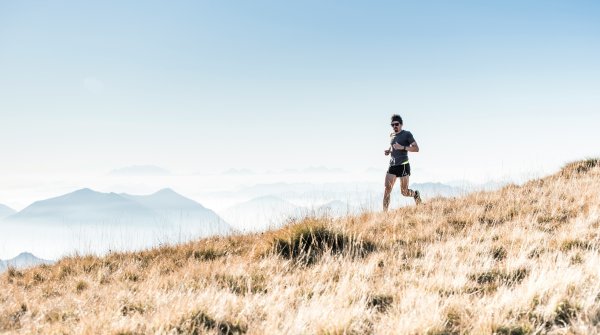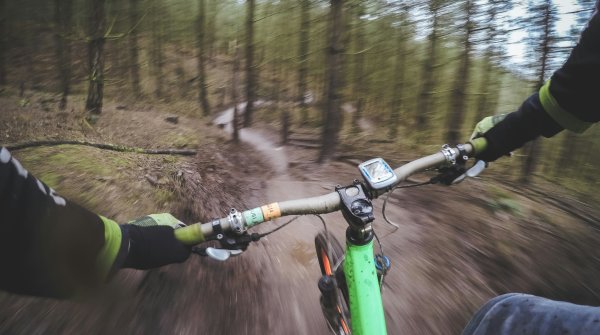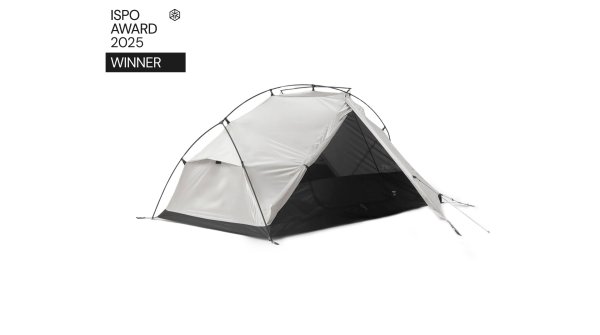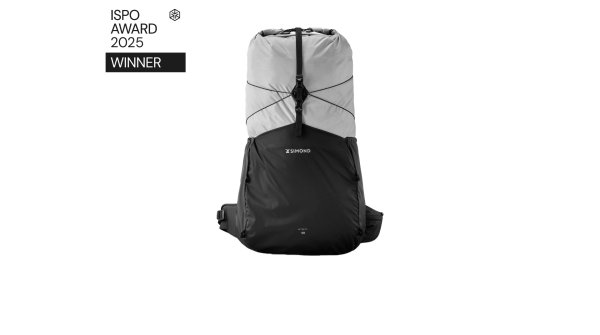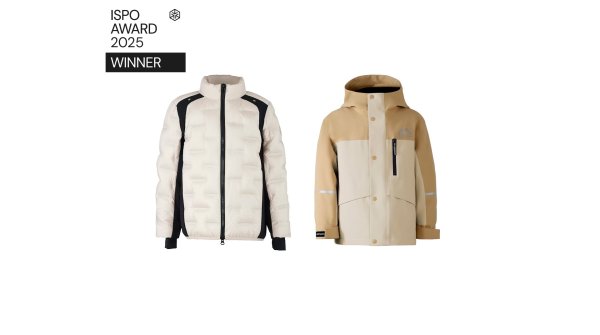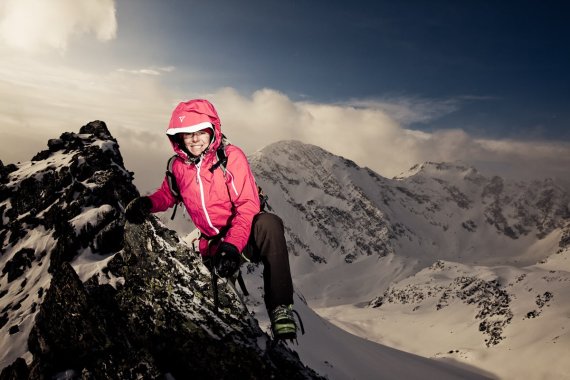
Gerlinde Kaltenbrunner:When trekking or on expeditions in magnificent high mountain landscapes, one is grateful to be able to experience them and, of course, the preservation and careful handling of them also comes into focus. Global warming and climate change are especially noticeable and visible there. For example, the retreat of glaciers and the significantly warmer temperatures than in previous years, combined with direct effects such as increased rockfall.
At the same time, I feel a strong ambivalence in me. On the one hand I love the big mountains, I was allowed to make mountaineering my profession - and without the possibility to fly, this would not have been feasible. For many years I have been paying an emissions offset for my entire lifestyle and at the same time making sure to minimize my CO2 footprint as much as I can.
Already in my childhood and youth, being disciplined was very high on the list. Certainly at that time due to the "strict school" at home and in the ski boarding school. That was the basis on which I was able to build my mountaineering. Especially on the high mountains it is extremely important to be consistent, disciplined and mindful with everyone and everything.
Fortunately, there are now many products made from natural fibres and recycled material. Especially through a long-term use of these products, I strive to live sustainability in this area as well.
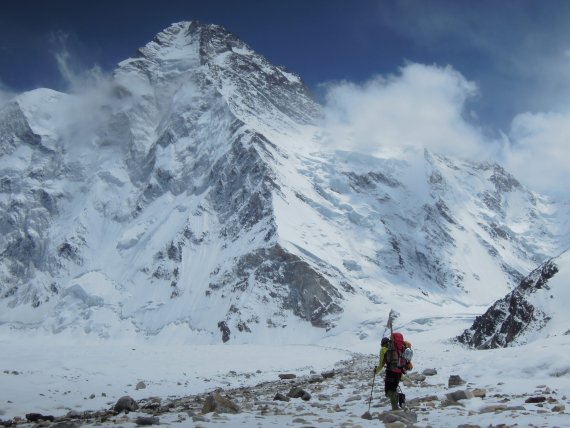
The focus here is on careful handling and good care. Conscious, not overly frequent washing also contributes to longer durability and functionality, especially for outdoor clothing with membranes. And if the manufacturer's quality and service are also taken into account when deciding on a purchase, repairs or new soling via their service departments makes sense not only in terms of sustainability but also in terms of price. My outfitter Schöffel offers customers a great repair service for their outdoor clothing with the Service Factory.
Yes, this is definitely my long johns, which I have had with me on every expedition since 2002 and still have!
.I have been eating a purely plant-based diet for many years. At home we only buy and eat purely organic products, as far as possible fresh, seasonal and regional. We also make sure not to waste any food. I also use the train whenever possible, for example to travel to my lectures. At home, I use the bicycle whenever possible for shopping and avoid elevators and escalators in everyday life. Laundry and dishes are only washed in energy-saving mode. There are many ways to act mindfully here.
We athletes are always allowed to pass on our ideas and conceptions to the product development and to actively contribute.

For me, product quality goes beyond pure function. It's important to me where and how production takes place, and also whether sustainable materials such as recycled PET bottles are used and resources are conserved during production. For those who are looking for fairly produced products, the Fair Wear logo on the product is a good guide. Schöffel has achieved the Leader Status of Fair Wear for the seventh time in 2021 and so consumers can rely on fair working conditions.
More information about Schöffel, its sustainability initiatives and the new 2022 summer collection is available at www.schoeffel.com.
- ISPO awards
- Mountain sports
- Bike
- Design
- Retail
- Fitness
- Health
- ISPO Job Market
- ISPO Munich
- ISPO Shanghai
- Running
- Brands
- Sustainability
- Olympia
- OutDoor
- Promotion
- Sports Business
- ISPO Textrends
- Triathlon
- Water sports
- Winter sports
- eSports
- SportsTech
- OutDoor by ISPO
- Heroes
- Transformation
- Sport Fashion
- Urban Culture
- Challenges of a CEO
- Trade fairs
- Sports
- Find the Balance
- Product reviews
- Newsletter Exclusive Area
- Magazine


